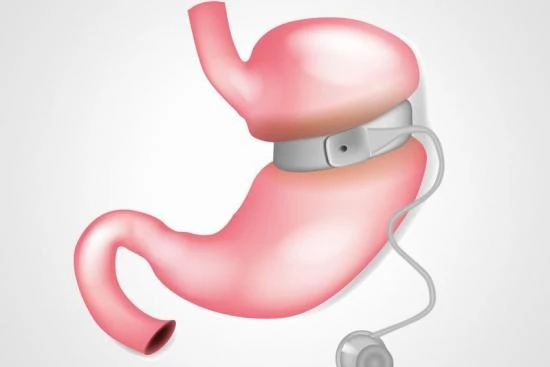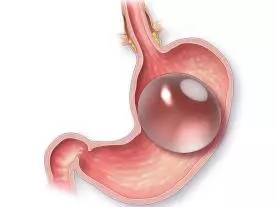Bariatric surgery cost in Turkey
The cost of bariatric surgery in Turkey varies depending on the procedure type and the hospital chosen. On average, prices range from 5,000 to 10,000 euros, which is significantly lower than in countries such as the United States or the United Kingdom.
We direct you to our best partner clinics and hospitals, which are qualified, accredited, and staffed with experienced specialists and surgeons. You will be in direct contact with attending physicians and surgeons who are experienced in bariatric surgery.
Request a quote to learn the cost of bariatric surgery at the best clinic or hospital in Turkey.
You can also obtain a medical opinion for bariatric surgery in Turkey by following the link below.











